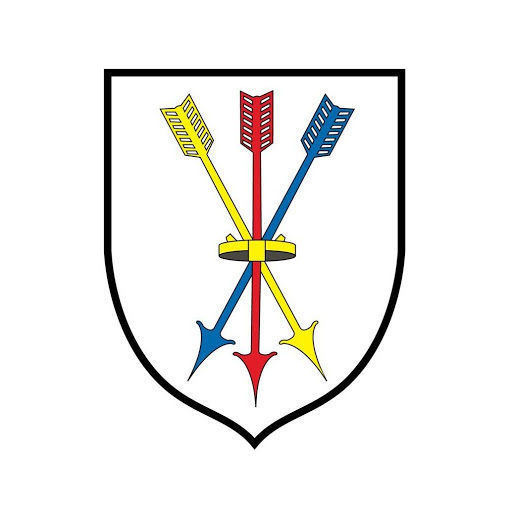The purpose of Religious Education
Living Difference IV (https://documents.hants.gov.uk/childrens-services/HIAS/living-difference-IV-2021.pdf) seeks to introduce children and young people to what a religious way of looking at, and existing in, the world may offer in leading one’s life, individually and collectively .
It recognises and acknowledges that the question as to what it means to lead one’s life with such an orientation can be answered in a number of qualitatively different ways. These include the idea that to live a religious life means to subscribe to certain propositional beliefs (religion as truth); the idea that to live a religious life means to adhere to certain practices (religion as practice); and the ideathat to live a religious life is characterised by a particular way of being in and with the world, with a particular kind of awareness of, and faith in, the world and in other human beings (religion as existence).
Religious education in Hampshire, the Isle of Wight, Portsmouth and Southampton intends to playan educational part in the lives of children and young people as they come to speak, think and act inthe world.
This entails teachers bringing children and young people first to attend to their own experience and that of others, to engage intellectually with material that is new and to discern with others what is valuable with regard to living a religious life or one informed by a non-religious or other perspective.
This approach to religious education in Hampshire, the Isle of Wight, Portsmouth and Southampton schools is consistent with the United Nations Convention on the Rights of the Child (UNCRC),particularly Articles 8, 12, 13, 14, 29 and 30, and supports the work of RRE.
The status of Religious Education within the whole school curriculum
Section 80 of the Education Act 2002 identifies the distinctive place of religious education (RE) as part of the basic curriculum alongside the national curriculum. Religious education is to have equal standing in relation to the core and foundation subjects within the school. It differs from the subjects of the national curriculum only in that it is not subject to national prescription. It is a matter for the Agreed Syllabus Conferences to recommend locally prescribed procedures for the local authority(LA).
The Education Act 1996, School Standards and Framework Act 1998 and Education Act 2002 require that:
- religious education should be taught to all children and young people other than those innursery classes and except for those withdrawn at the wish of their parents.
- an Agreed Syllabus should reflect the fact that the religious traditions in Great Britain are in the main Christian, while taking account of the teachings and practices of the other principalreligions in Great Britain
- an Agreed Syllabus must not be designed to convert pupils, or to urge a particular religion orreligious belief on pupils
- an Agreed Syllabus Conference must be convened every five years to review the existing
The Department for Children, Schools and Families (DCSF) (now the Department forEducation) guidance, Religious Education in English Schools: Non-statutory Guidance2010, states that:
“Every maintained school in England must provide a basic curriculum (RE, sex education and the National Curriculum). This includes provision for RE for all registered pupils at the school (including those in the sixth form), except for those withdrawn by their parents (or withdrawingthemselves if they are aged 18 or over) in accordance with Schedule 19 to the SchoolsStandards and Framework Act 1998.”
All rights reserved. © Hampshire County Council/Isle of Wight Council/Portsmouth CityCouncil/Southampton City Council 2021
At Key Stage 2 children are required to study Christianity and two other religions. In Years 3 and 4 this will be Christianity and one other religion and in Years 5 and 6 children are required to study Christianity and a different religion. In upper Key Stage 2 a non-religious world view may be included in addition. Purbrook Junior School children will study Christianity and Judaism in Year 3 and 4 and then Christianity and Buddhism in Year 5 and 6.
Our current Religious Education leader is: Miss H Murrison

